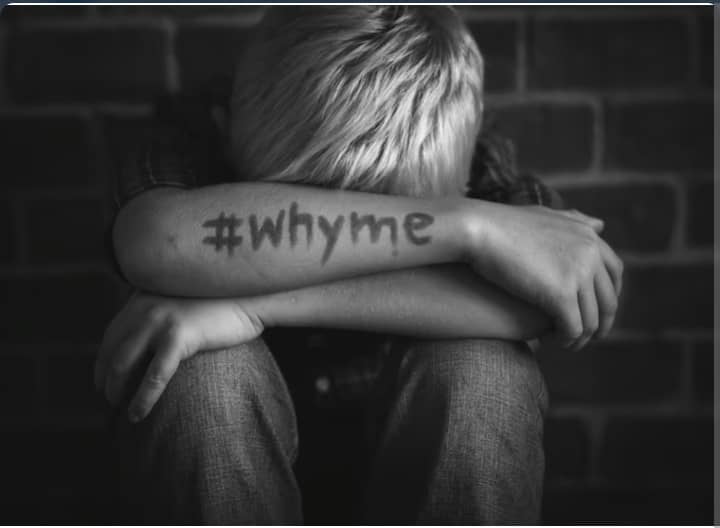Domestic violence can have severe and long-lasting effects on a child’s development. Some of the ways it can impact them include:
Emotional and psychological trauma: Witnessing violence at home can cause fear, anxiety, and depression, affecting their emotional well-being.
Behavioral issues: Children may develop aggressive or withdrawn behaviors, have difficulty in social interactions, and struggle with impulse control.
Cognitive development: Exposure to domestic violence can hinder a child’s ability to focus, learn, and perform well in school.
Physical health: Stress from living in a violent environment may lead to physical health problems, such as headaches, stomachaches, or other stress-related conditions.
Interpersonal relationships: Children may struggle to build healthy relationships or trust others due to their experiences.
Self-esteem and self-worth: Witnessing violence can lead to guilt, shame, and a negative self-perception.
Long-term consequences: The effects of domestic violence during childhood can extend into adulthood, potentially impacting their mental and emotional well-being throughout life.
Providing support and resources to children exposed to domestic violence is essential to help them cope and heal from these traumatic experiences. If you or someone you know is experiencing domestic violence, consider seeking help from local support services or helplines.
Stopping child abuse requires a collective effort from individuals, communities, and governments. Here are some steps that can be taken to address and prevent child abuse:
Education and awareness: Raising awareness about child abuse, its signs, and its impact can help people recognize and report it. Public awareness campaigns, workshops, and educational programs can be crucial.
Reporting and intervention: Encouraging people to report suspected cases of child abuse to the appropriate authorities, such as child protective services or law enforcement, is essential for prompt intervention.
Strengthening child protection laws: Governments should enact and enforce robust child protection laws to hold perpetrators accountable and ensure the safety of children.
Support for victims: Providing support services and counseling to child abuse victims and their families can help them cope with the trauma and begin healing.
Empowering children: Teaching children about their rights, boundaries, and safety can empower them to speak up if they experience abuse or feel unsafe.
Training professionals: Training professionals like teachers, healthcare providers, and social workers in recognizing and responding to child abuse can enhance early detection and intervention.
Family support and parenting programs: Supporting families with resources and parenting programs can promote healthy family dynamics and reduce the risk of child abuse.
Engaging communities: Creating a supportive and protective environment can strengthen the safety net for children and their families.
Internet safety: Educating parents and children about online security and potential risks can help protect children from online exploitation and abuse.
Remember that everyone has a role to play in preventing child abuse. If you suspect child abuse or are a victim, don’t hesitate to report it to the appropriate authorities or seek help from support organizations in your area.

